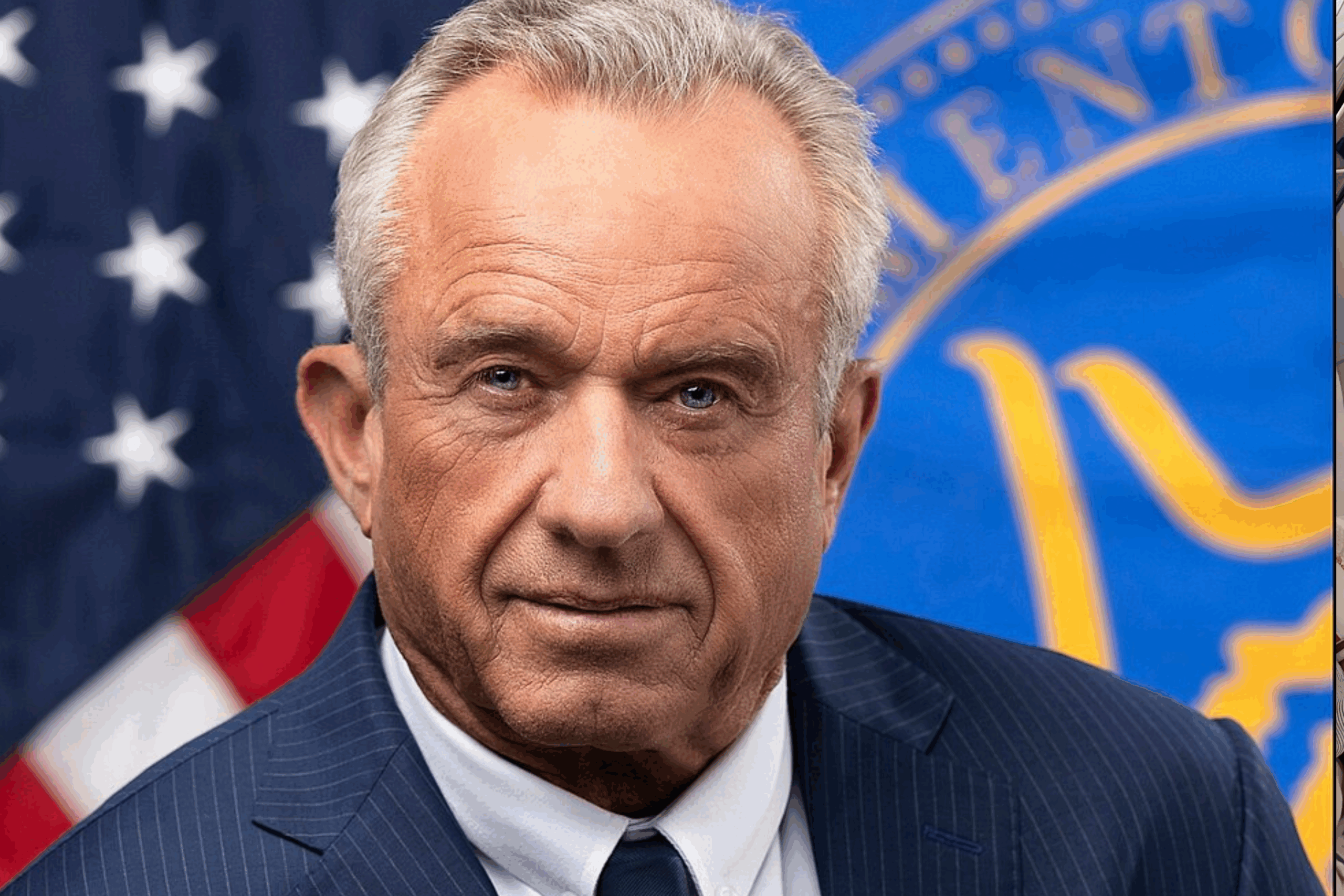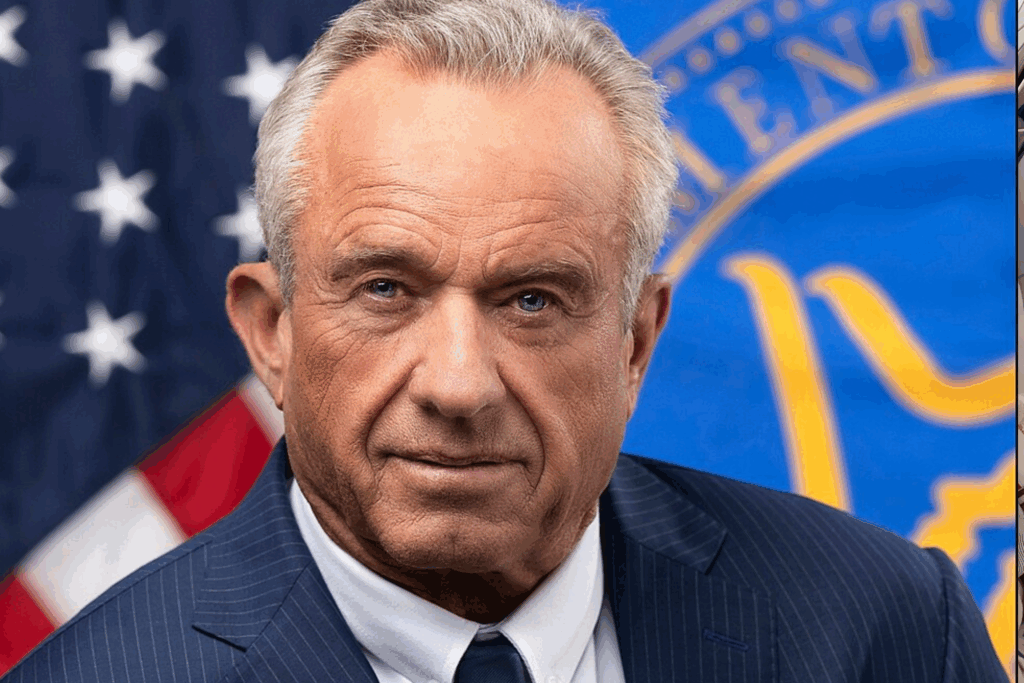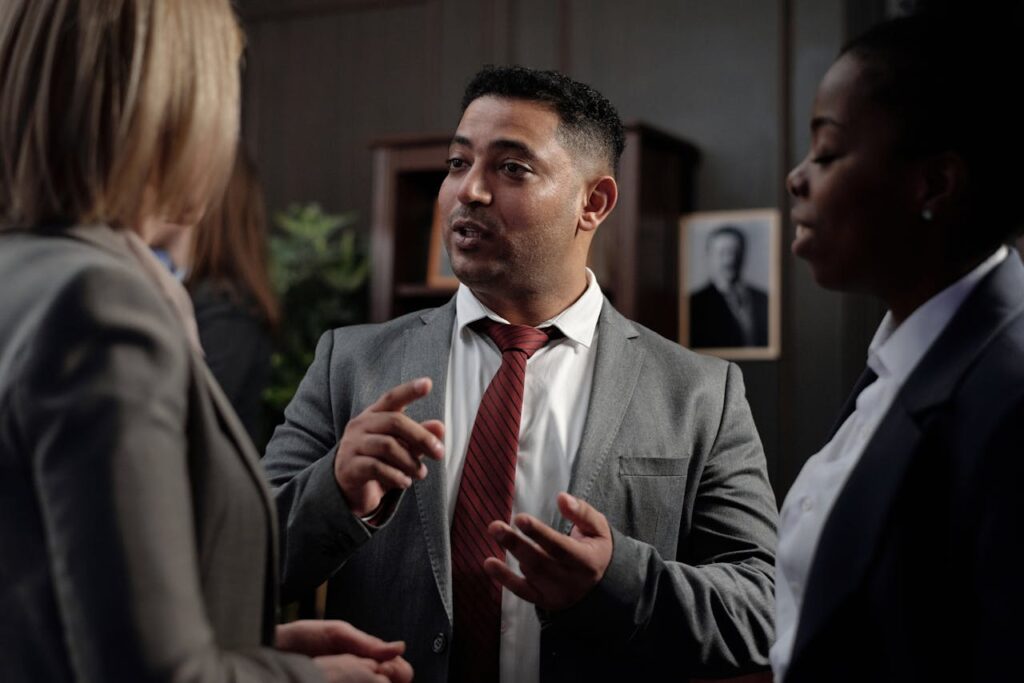RFK Jr Makes Shocking Announcement He’s Going to Reveal the ‘Cause of Autism’ This Month

Robert F. Kennedy Jr. is not new to controversy, but this time his words echo in a space larger than politics. As Health and Human Services Secretary under President Donald Trump, he has declared that the “causes” of autism will be revealed this month. The striking part? The research project he announced has not even begun.
For families and researchers, this pledge lands with unease. Autism is a lifelong condition that touches an estimated 1 in 31 children in the United States, according to the CDC. Kennedy points to “interventions” and “environmental toxins” as the source, yet decades of peer-reviewed science have found no link between vaccines or pharmaceuticals and autism. The dissonance between what is claimed and what has been studied leaves many asking whose truth will be heard, and at what cost.

What this moment exposes is not only the tension between science and politics, but also the fragile thread of trust that holds institutions and communities together. Promises of quick answers in a field that demands patience invite us to question more than the data. They invite us to reflect on the deeper issue: when power tries to outrun evidence, who suffers, and how do we protect the integrity of truth?
The Weight of a Promise
In April, Robert F. Kennedy Jr. stood in a cabinet meeting and made a declaration that startled both his allies and his critics. He told the room that by September, his team would identify the causes of what he called an autism “epidemic.” His confidence was unwavering: “In September, we will know what has caused the autism epidemic and we’ll be able to eliminate those exposures.”
That single promise carried the force of a national pivot. Behind it was the Autism Data Science Initiative, a $50 million program at the National Institutes of Health designed to fund projects across universities, hospitals, and research groups. The studies are meant to last two to three years, built on large-scale data analysis and independent validation. They are not designed to yield immediate conclusions. Yet Kennedy’s words created the expectation that answers would arrive not in years, but in weeks.
By late August, he amplified that message even further, stating, “We’re finding interventions, certain interventions now that are clearly, almost certainly causing autism.” For researchers who know the pace of science, this statement sharpened the scrutiny. How could something so complex be solved so quickly? According to Reuters, the NIH is preparing to select about 25 projects from more than 100 proposals, each one aimed at exploring genetic, environmental, and developmental factors. For families and advocates, the stakes are immense. What is promised here is not only scientific discovery, but the authority to define what society believes about autism itself.
Science Doesn’t Rush the Truth
If we want answers that matter, we have to respect the rhythm of science. Real research is not born in press conferences or political timelines. It unfolds slowly, under the weight of careful protocols, ethical reviews, and years of data collection that must be tested and retested by independent minds before it can be trusted.

In the world of vaccine and medication safety, one of the most reliable tools is the CDC’s Vaccine Safety Datalink, a system that draws on millions of anonymized patient records. Unlike voluntary reporting systems, it is built for systematic evaluation, designed so that results can be checked, challenged, and confirmed by others. That is what gives science its integrity — not speed, but transparency.
This is why experts warn against any claim of immediate breakthroughs. Even with powerful data systems, true conclusions take time. They move through phases of design, analysis, peer review, and replication. Without that, what is offered is not truth, but performance. And language matters just as much as process. To call autism an epidemic or a condition that can be prevented is to misrepresent what is known, and to burden autistic people with stigma they do not deserve. As Carleton University professor M. Remi Yergeau said to PBS, “Autism is not an epidemic, nor is it a disease, and nor is it preventable.”
When Institutions Tremble, Trust Is the First Casualty
This debate is not happening in a vacuum. It comes at a time when America’s leading health agencies are under visible strain. After the ouster of CDC Director Susan Monarez, four senior officials — Deputy Director Debra Houry, infectious-disease chief Daniel Jernigan, vaccine lead Demetre Daskalakis, and data chief Jennifer Layden — stepped down in rapid succession. Reports from the Associated Press and The Washington Post have detailed how months of turmoil have already disrupted the agency’s ability to function, raising alarm about outside influence in vaccine-safety work.
In her faithful recitation of Big Pharma’s talking points, @WSJ @l_e_whyte parrots the defamation that an @HHSgov contract researcher David Geier was disciplined by the Maryland Board of Physicians for practicing medicine without a license. Whyte’s exercise in character… https://t.co/T7DKZRwAeR
— Secretary Kennedy (@SecKennedy) June 7, 2025
At the center of this storm is David Geier, a figure long known for his criticism of vaccines. Earlier this year, House Democrats on the Energy and Commerce Committee opened a probe into his hiring, writing that he was “patently unqualified to conduct research on vaccines.” His history with the agency is not new. In 2004, he and his father, Mark Geier, had their access to the CDC’s Vaccine Safety Datalink revoked after partner institutions raised concerns about research protocols.
The decision to give him a role again has deepened the fracture inside the CDC. As The Washington Post reported, Jernigan tied his resignation to this very issue, saying, “What we see is a desire to go back and try and find those links that had been identified not to be there previously.” Meanwhile, more than 1,000 current and former HHS employees have signed a letter urging Kennedy to step down, warning that his leadership is putting national health at risk.
These exits and protests are not just bureaucratic noise. They reveal a deeper truth: institutions are built on trust, and when leadership wavers, so does the credibility of the science they produce. Without transparency and integrity at the core, no amount of funding or promises can repair that break.
When Leaders Speak, the World Listens
On August 26, during a cabinet meeting, President Donald Trump leaned into the moment and told his team, “we maybe know” the cause of autism. PBS NewsHour captured the exchange, a signal that the White House was ready to amplify Kennedy’s timeline even while the science was still in its early stages.

Days later, Trump raised the stakes further by sharing a video that promoted a discredited theory linking vaccines to autism. Politico reported that his post forced aides to step in quickly, reaffirming the administration’s official support for vaccination while Kennedy’s promised announcement continued to build anticipation.
This episode is about more than politics. It is about the weight of language. When leaders speak with certainty before evidence has spoken for itself, their words can shape perception more powerfully than facts. In health, perception becomes reality. It can build trust or it can fracture it. And in a moment where science is already under strain, every phrase carries consequences far beyond the room in which it was spoken.
How to Stay Grounded When Truth Feels Contested
In a world where politics, science, and celebrity voices collide, the loudest message is not always the truest one. Headlines can confuse, social media can amplify the wrong voices, and we are left wondering what to believe. But this is also where personal awareness becomes a tool for clarity.
The first step is discernment. Reliable institutions like the CDC and the NIH make their data open to the world because truth can stand up to scrutiny. Political speeches and viral posts rarely offer that. If something sounds too certain, too fast, it’s worth asking: where is the evidence? Science, like growth, takes time. Quick answers may satisfy the moment, but they rarely stand the test of truth.
Words matter too. When autism is described as an epidemic or something to be prevented, it fuels stigma rather than understanding. Carleton University professor M. Remi Yergeau put it clearly: “Autism is not an epidemic, nor is it a disease, and nor is it preventable.” If we apply this lesson broadly, we see how language can either diminish or uplift, distort or heal.
So how do we move through the noise? By choosing awareness over reaction. By focusing not on the spectacle of causes promised tomorrow, but on the real lives, families, and communities that need support today. And by remembering that what we share — online or in conversation — can either spread confusion or create clarity. Silence in the face of speculation is not weakness; it is strength, a choice to protect truth.
What This Debate Teaches Us About Our Own Growth
The conversation around autism and science is bigger than policy. It is also a mirror for our personal lives. Kennedy’s promise of quick answers collides with the reality that real discoveries take time, patience, and integrity. Isn’t that the same truth we face in our own growth?

We live in a world that rewards speed, but our deepest transformations don’t happen overnight. Just like rigorous research, building focus, motivation, or achievement requires consistency. It means showing up even when results are not immediate, trusting the process when progress feels invisible.
If there’s a takeaway here, it’s this: the same patience science demands is the patience we must give ourselves. By respecting the slow unfolding of truth, both in the lab and in our lives, we cultivate clarity, resilience, and drive that actually lasts. Quick fixes fade, but disciplined practice — whether in research or in self-growth — is what creates breakthroughs that endure.
Featured Image from United States Department of Health and Human Services, Public domain, via Wikimedia Commons
Loading...

